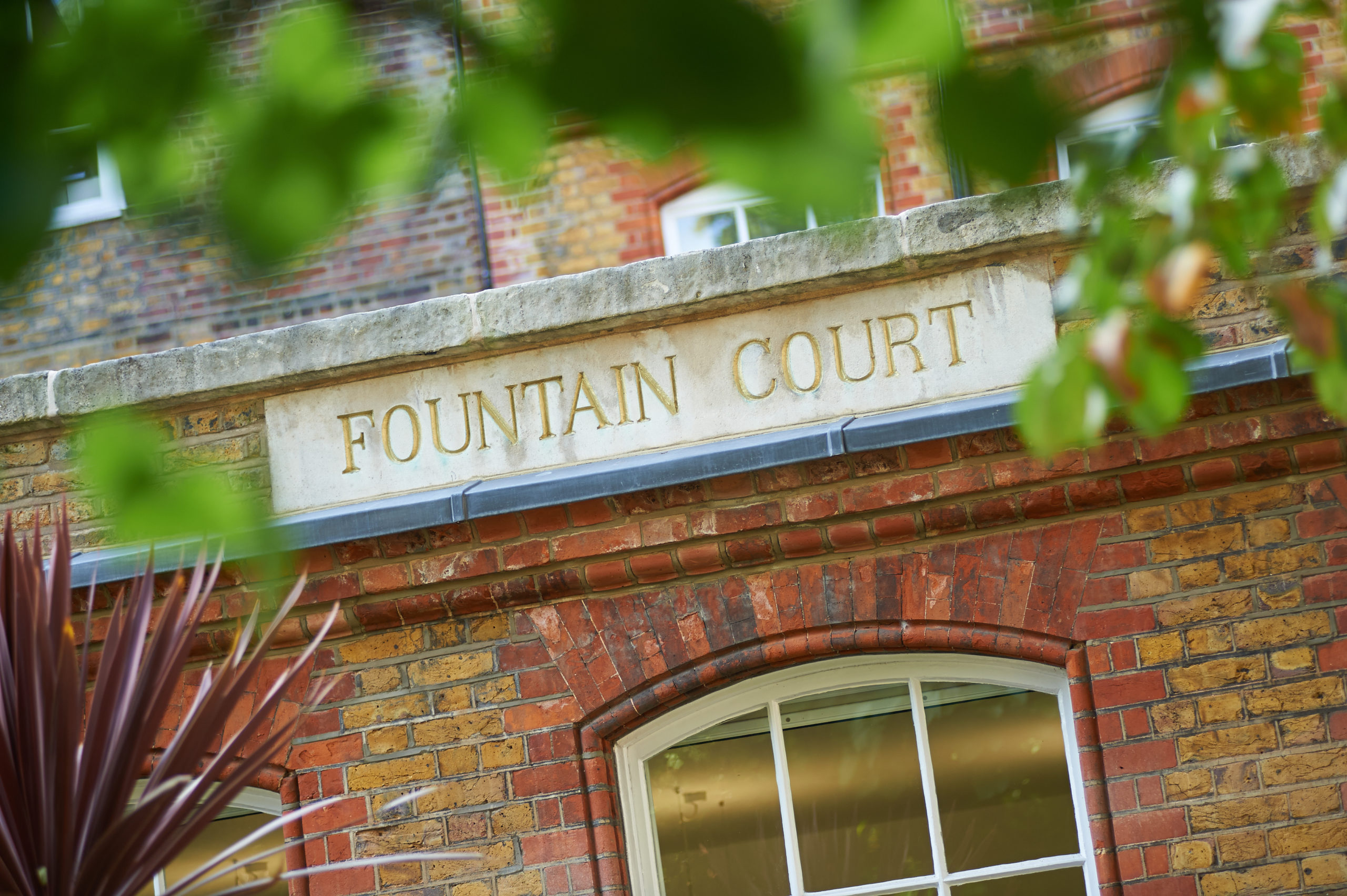
The Court of Appeal has today handed down its much-anticipated judgment concerning the law of privilege in Sports Direct International plc v Financial Reporting Council [2020] EWCA Civ 177. Richard Lissack QC and Adam Sher acted for Sports Direct. Mark Simpson QC and Rebecca Loveridge acted for the FRC.
In a ruling today, the Court of Appeal (Sir Terence Etherton MR, Lewison and Rose LJJ) allowed in part Sports Direct’s appeal against a decision of Arnold J (as he then was) in a judgment handed down on 11th September 2018 ([2018] EWHC 2284 (Ch)), which had ordered Sports Direct to disclose certain documents to the FRC. The FRC had applied for the first time under its powers in the Statutory Auditors and Third Country Auditors Regulations 2016 (SATCAR), seeking to compel production of certain documents in connection with a statutory investigation into Sports Direct’s former auditors Grant Thornton.
The appeal raised two distinct issues. The first, on which Sports Direct succeeded, concerned whether Arnold J had been correct to find that the production of documents to a regulator by a regulated person solely for the purposes of a confidential investigation by the regulator into the conduct of the regulated person is not an infringement of any legal professional privilege of clients of the regulated person in respect of those documents. The second, on which Sports Direct did not succeed, concerned whether, for the purposes of determining whether a pre-existing non-privileged document attached to a privileged email is subject to LPP, the email and attachment are to be treated as a single communication or whether the attachment should be subject to separate consideration.
The first issue concerned whether Arnold J’s reasoning that dicta of Lord Hoffmann in his speech in R (Morgan Grenfell & Co Ltd) v Special Commissioner of Income Tax and another [2002] UKHL 21, [2003] 1 AC 563 as to the rationale behind the decision of the Court of Appeal in Parry-Jones v The Law Society and ors [1969] 1 Ch 1 created a further exception to the otherwise absolute nature of privilege (other exceptions being: (1) statutory override; or (2) (if it is an “exception” at all) the crime fraud/iniquity “exception”). Arnold J’s reasoning was that this further exception applied when a regulator such as the Law Society or the FRC has a statutory power to request “client-privileged” documents, so long as it intends to use those documents only against the regulated party. Arnold J, following Lord Hoffmann’s dicta, held that in such a case either (1) there was no infringement of the client’s LPP when those documents are handed over in response to a request made under that power (‘the no infringement principle’); or (2) any infringement of the client’s LPP is technical only and can be regarded as authorised by the relevant statutory provisions on the basis of a less stringent test than that applied by the House of Lords in Morgan Grenfell or by the Privy Council in B v Auckland (‘the technical infringement principle’).
The Court of Appeal rejected Arnold J’s reasoning and held that neither the no infringement principle nor the technical infringement principle is good law.
As to the second issue, the Court concluded that the fact that an email which was responsive to the statutory notice was privileged did not confer privilege on a pre-existing document attached to it which was not itself privileged.
Sports Direct has sought permission to appeal to the Supreme Court on the second issue.
A link to the judgment is here.






